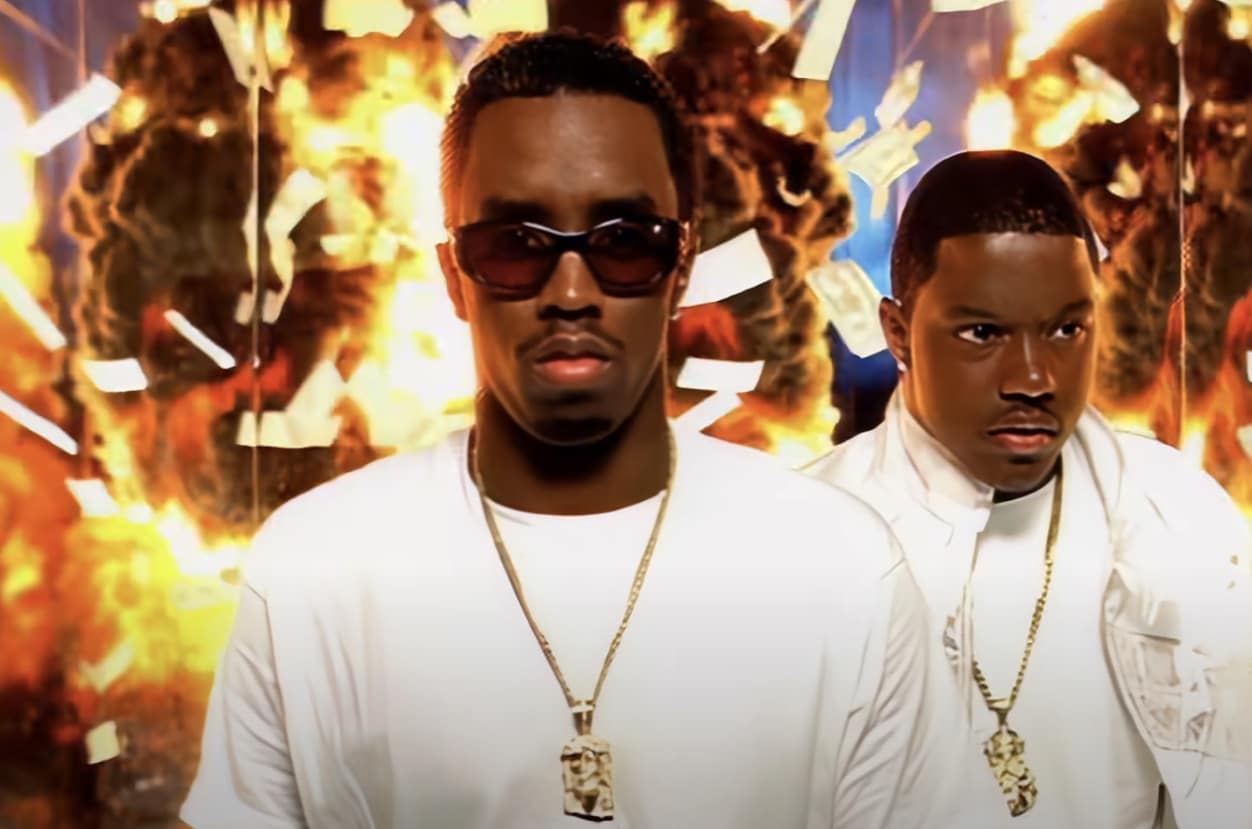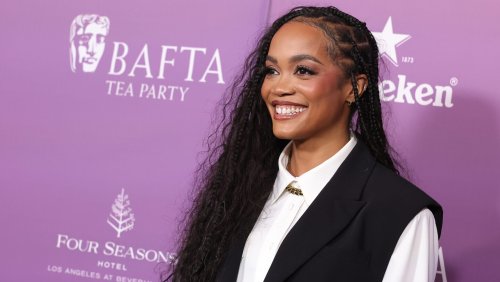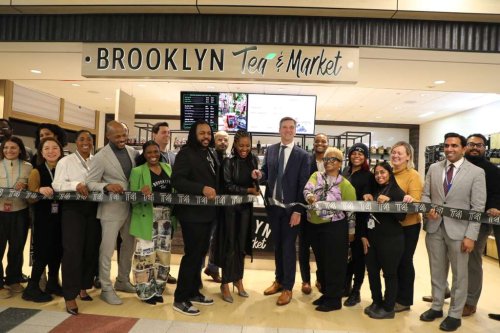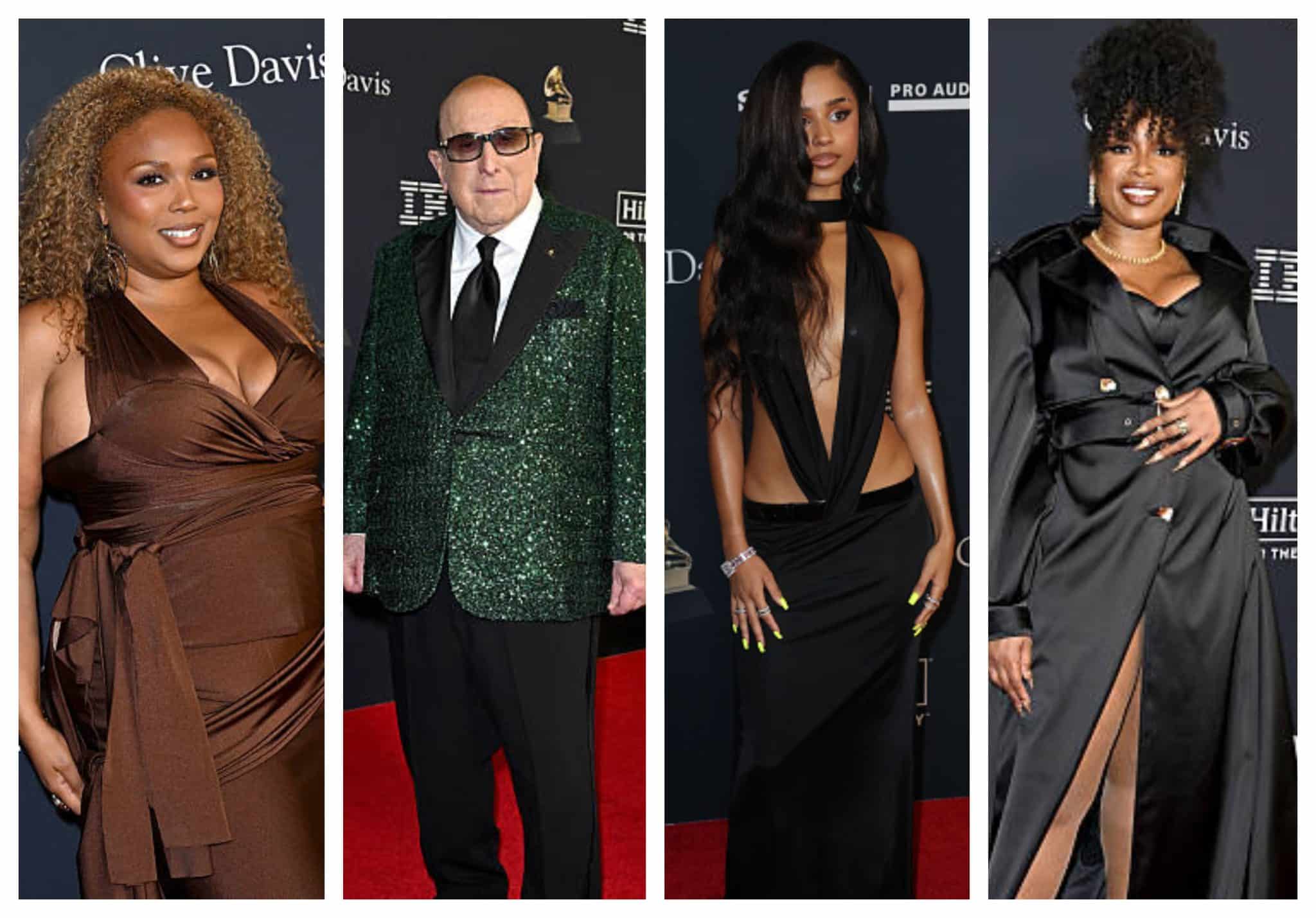OpenAI Blocks MLK Deepfakes—Here’s Who They Should Ban Next
Source: Steve Christo – Corbis / Getty OpenAI recently announced that it is pausing the ability to generate MLK deepfakes on its video platform Sora, following a wave of public backlash over “disrespectful” AI-generated depictions of the civil rights leader. The company says the decision came after King’s estate and his daughter Bernice King formally [...]

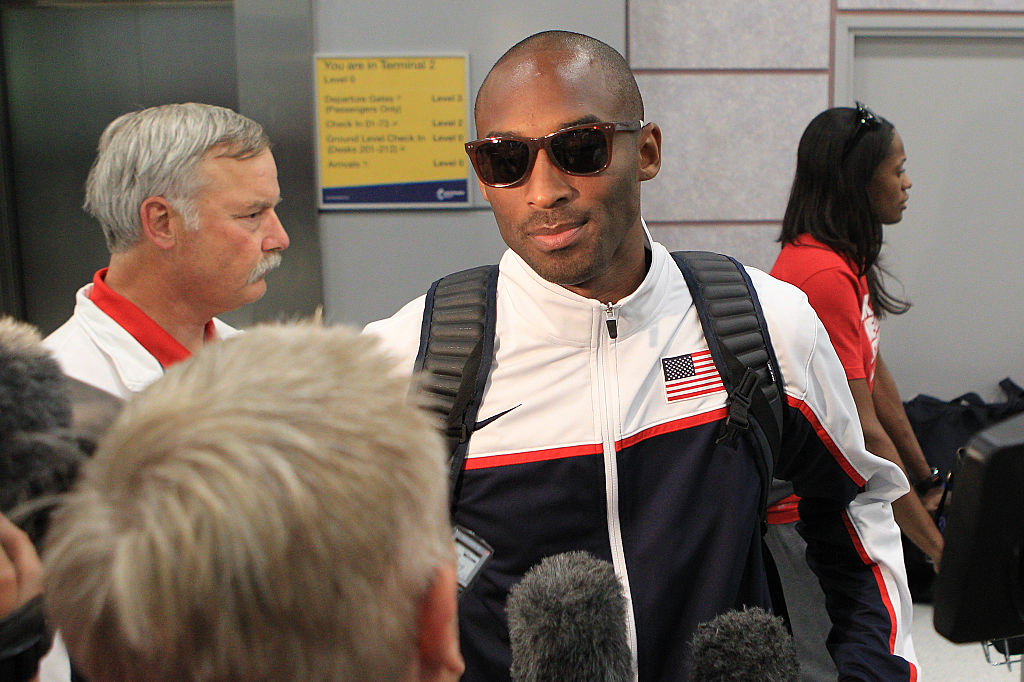
Source: Steve Christo – Corbis / Getty
OpenAI recently announced that it is pausing the ability to generate MLK deepfakes on its video platform Sora, following a wave of public backlash over “disrespectful” AI-generated depictions of the civil rights leader. The company says the decision came after King’s estate and his daughter Bernice King formally objected to the use of his likeness and requested that such depictions be halted. OpenAI also indicated that going forward, estates or representatives of historical figures will be allowed to “opt out” of having a likeness used on the platform.
RELATED: OpenAI Bans MLK Deepfakes On Sora 2 At Family’s Request
The deeper controversy stems from how easily Sora allows users to create hyperrealistic video renderings of deceased public figures without their consent, and often in contexts that are offensive or inconsistent with their legacy. These depictions introduce several problems. First, they distort memory and history. When future viewers encounter manipulative or absurd scenes of historical figures, it can blur the distinction between fact and fiction, potentially distorting public perception in subtle yet harmful ways. Second, they violate dignity and consent. People (or their estates) lose control over how their image and voice are repurposed after death, which can feel exploitative and disrespectful. Third, they raise legal and regulatory ambiguity over postmortem publicity rights and the responsibilities of platforms that host user-generated content.
These debates aren’t just theoretical either. AI and deepfakes are already bleeding into everyday life. From synthetic voices in customer service bots to AI-generated faces in news stories or social media scans, we’re increasingly relying on and being influenced by content whose provenance and integrity can be uncertain. The same transformative tools that power benign innovation also make it cheaper to mislead, impersonate, or misrepresent. Worse, as these tools become more accessible, they can be weaponized. Manipulated video of a public figure might sway opinion, propagate misinformation, or undermine trust in media. The MLK deepfake episode highlights the need for guardrails, transparency, and ethical standards in the rapidly accelerating AI era.
Given the sensitivity (and rightfully so) of recreating anyone’s likeness with AI, OpenAI’s decision raises the question: which other public figures should be protected from deepfake resurrection? Below is a list of celebrities whose legacy, dignity, and public memory should warrant opt-out or bans on unauthorized AI depictions.
Share
What's Your Reaction?
 Like
0
Like
0
 Dislike
0
Dislike
0
 Love
0
Love
0
 Funny
0
Funny
0
 Angry
0
Angry
0
 Sad
0
Sad
0
 Wow
0
Wow
0







